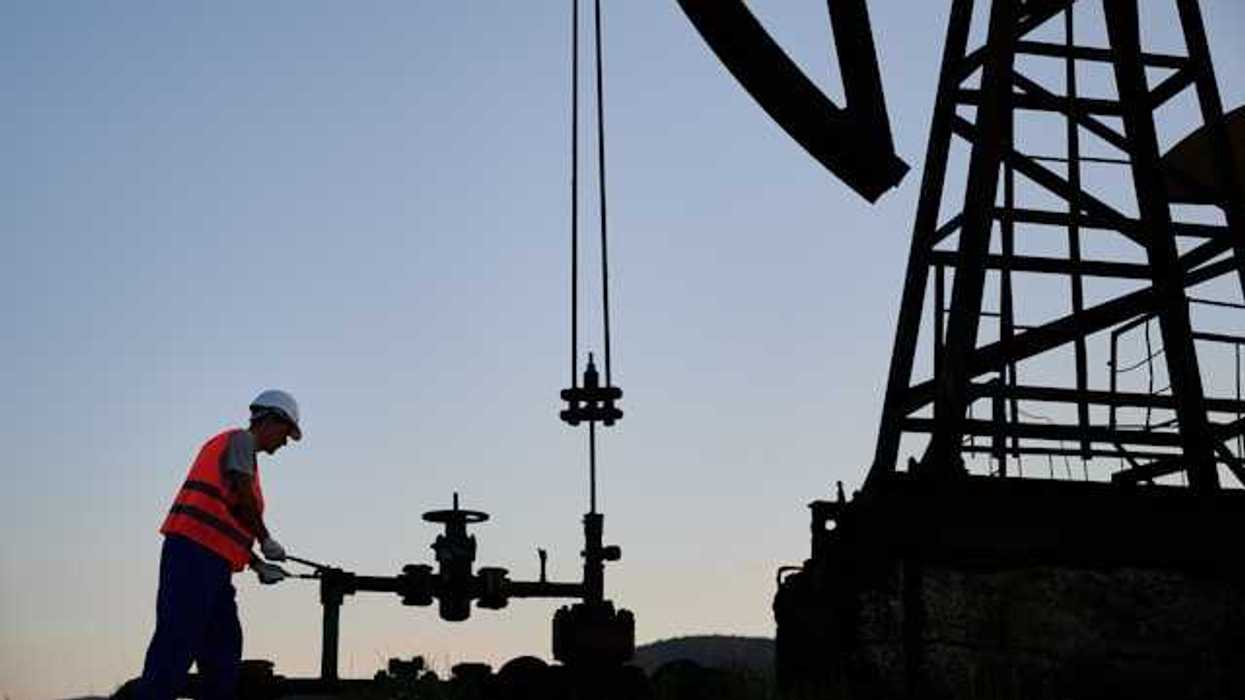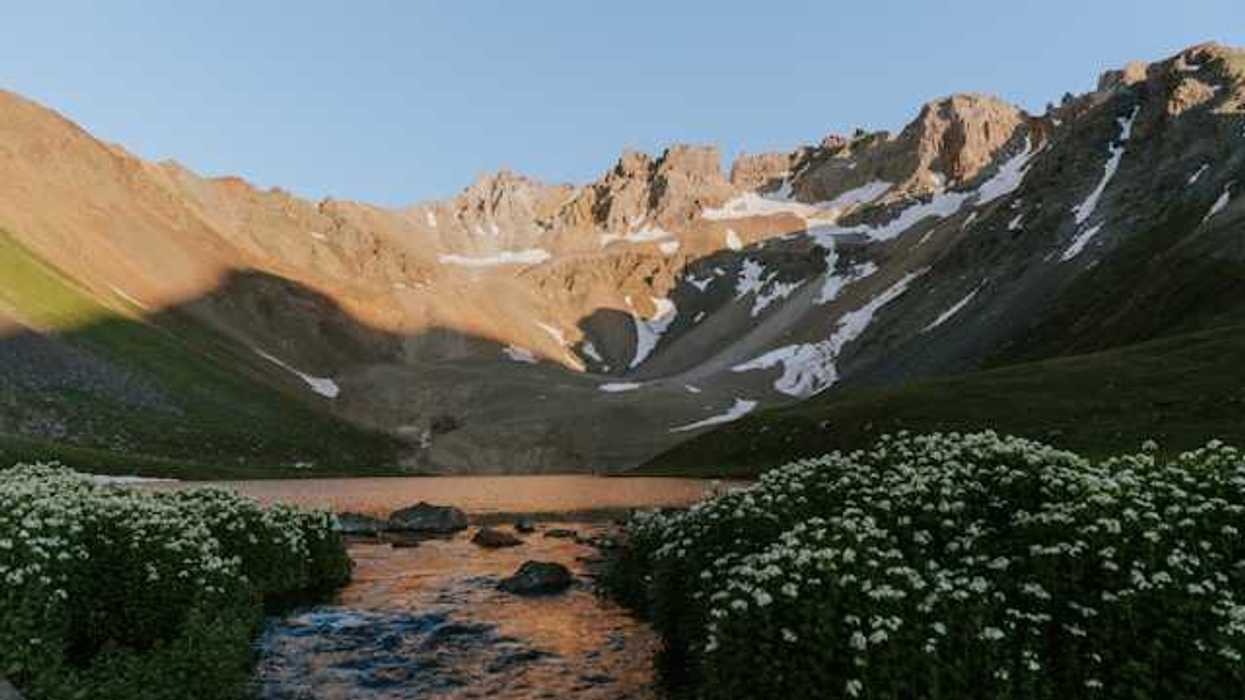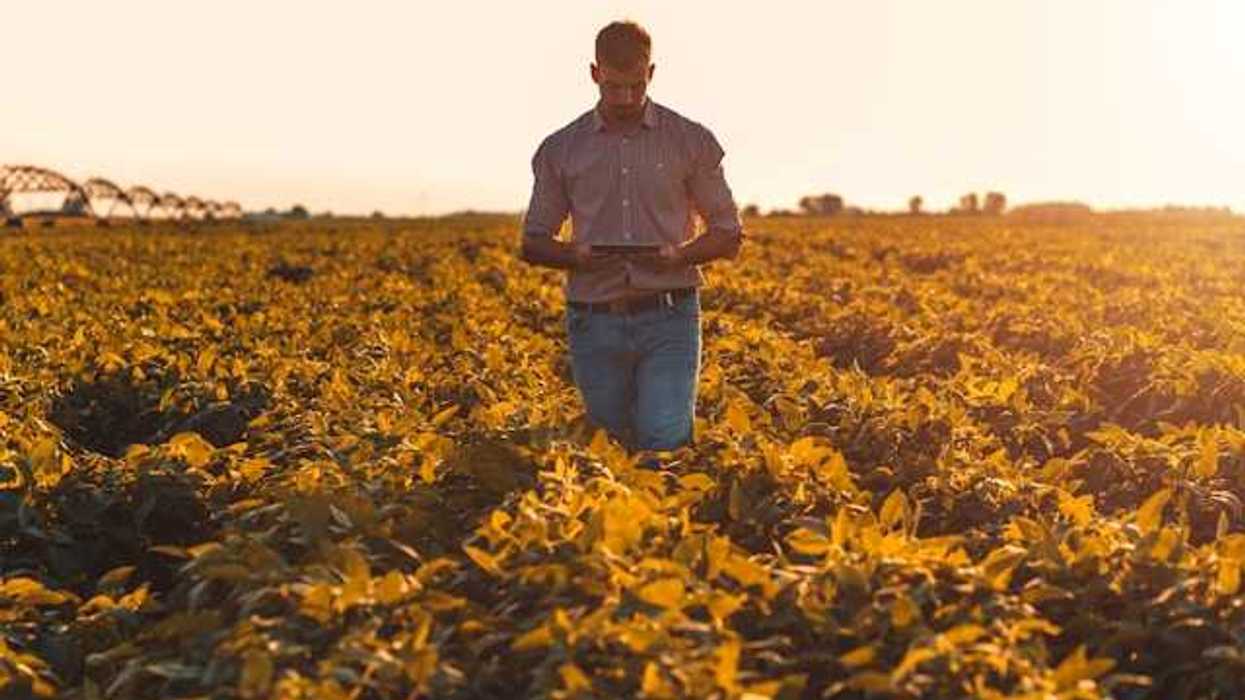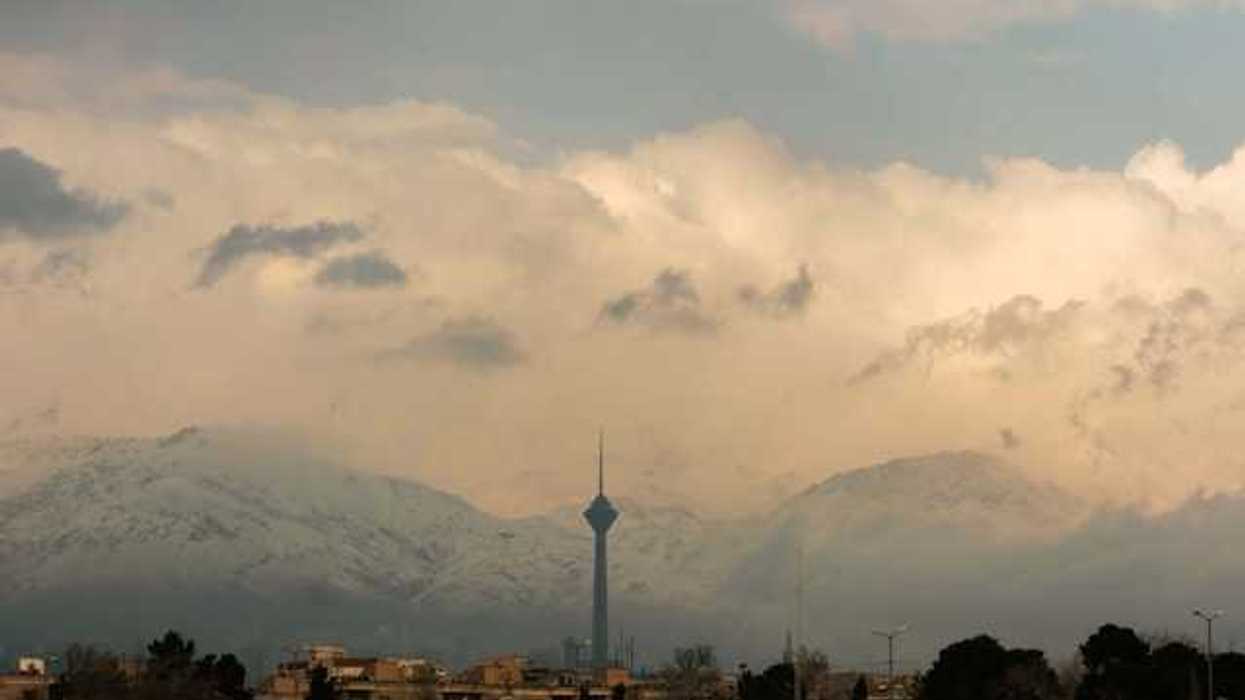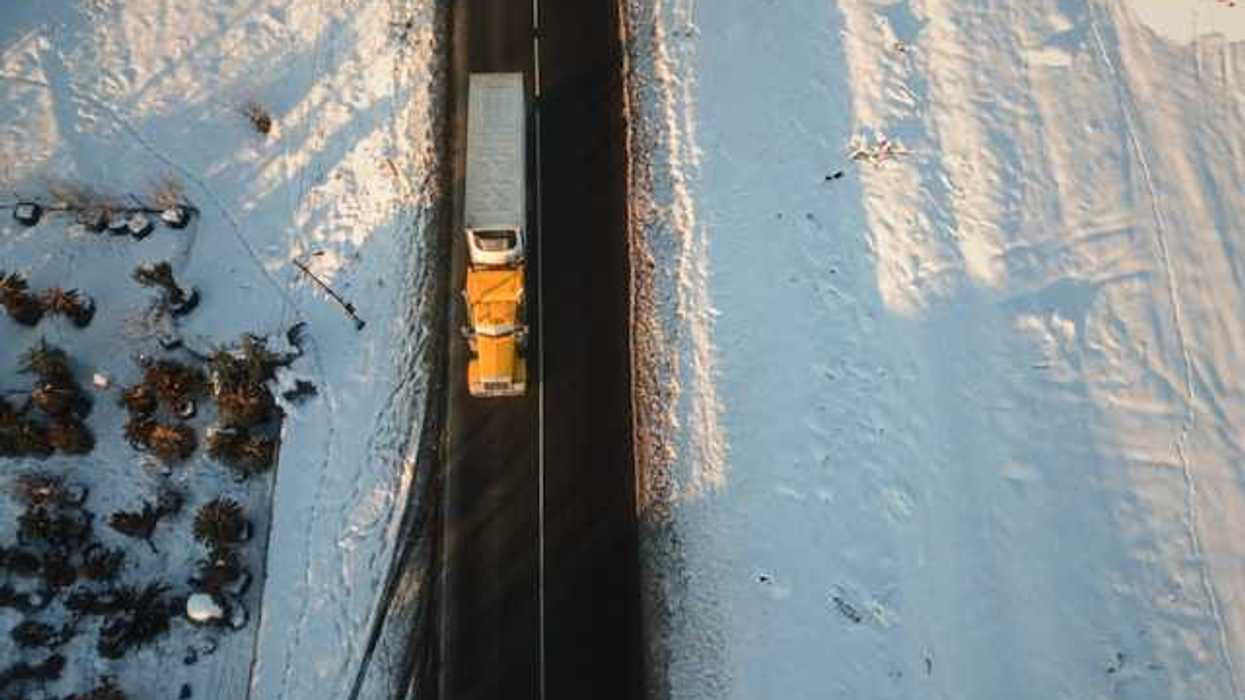A combination of drought and extreme weather has led to a dramatic decrease in crawfish availability, impacting the economy and culture in the southern United States.
Xander Peters reports for National Geographic.
In short:
- Last year's drought and cold weather spells in Louisiana have caused a significant reduction in crawfish populations.
- The shortage has led to a 500% increase in crawfish prices, affecting local economies and cultural practices.
- The situation exemplifies the broader impact of climate change on regional food systems and livelihoods.
Key quote:
“It'll take four or five years before we get back where we're supposed to be.”
— Zachary Hebert, crawfish farmer
Why this matters:
The crawfish shortage in the southern U.S. highlights the vulnerability of local food systems to climate change. It underscores the need for sustainable practices and resilience in the face of environmental challenges.
Be sure to read: Dead fish carry toxic mercury to the deep ocean, contaminating crustaceans.





